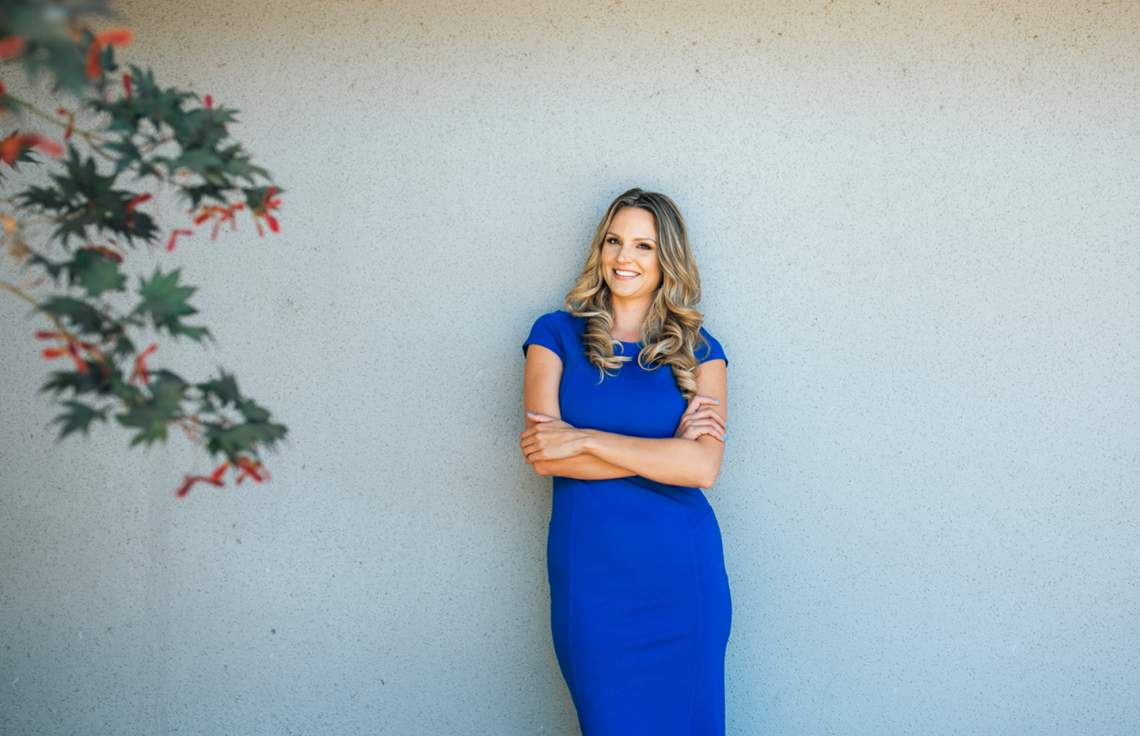We first encountered today's Contessa, Nicole Smartt when she reached out about writing for our site. One of the first topics she covered was a deeply personal one: she told our audience about how she'd grown her career going from an entry-level gig to life as a full-time entrepreneur—without going to college.
If there's one thing that Nicole's professional trajectory proves, it's that there's no right answer and no one right path. Unlike many women in our generation, Nicole stayed at one company for years working her way up, and she's in the same industry to this day. Surprising in a time when many millennials move jobs every year? Yes. Boring? Decidedly not.
So what's her secret to success? There's not much of one really—she just works incredibly hard, takes ownership of her projects, and pushes herself every day. And now, she's applied that same tenacity to writing her first book, From Receptionist to Boss: Real-Life Advice for Getting Ahead at Work. In it, you'll find advice for pursuing a fulfilling career in any industry. It's not complicated—it just takes passion and drive. If you don't believe us, ask Nicole.
Her Starting Point
Tell us a bit about where and how you grew up. How did your childhood and early experiences contribute to your professional path?
I grew up in Petaluma with my mom, dad, and older brother. My dad took me to horseback riding lessons every Saturday and afterward, we went to his office where I’d help him gather items from the warehouse and accomplish other miscellaneous tasks. I learned about his sales role, and I learned at a very early age that work is not a 9-to-5 or Monday-Friday job. You have to work hard for what you want. Participating in sports taught me about the importance of supporting teammates. Building each other up wins games and, in the professional world, provides better customer service and profitability.
You’re unique from many of our Contessas in that you started your career directly after high school. What led you to your first job, and what did you learn in that position that you couldn’t have learned in school?
When I graduated from high school, I was unsure of what direction I wanted to go so I attended the Santa Rosa Junior College, a local community college. Through their career center, I found a receptionist job at a staffing firm. There, I learned the basic rules of success: show up, work hard, be friendly, help others, and make every task count.
I took every chance I could to ask for more work, even the tedious kind. I worked hard and was given more and more assignments. Where school is sometimes about ticking off boxes toward a degree, the working world lets you creatively problem solve, and the reward for hard work is more immediate.
That first job was at the staffing firm where you’d eventually work your way up to business services manager before ultimately starting your own staffing company. Did you always know you wanted to work in staffing? And did working at the same company long-term affect your approach to the work you do?
When I first accepted the staffing job, I didn’t fully understand its purpose. It always puzzled me why employers wouldn’t just hire their own people. It took me time to see that we were saving companies money and providing a valuable service. I began to enjoy building relationships with job candidates and learning about the unique requirements of partner employers and their industries.
Because helping people find great jobs with strong companies made me happy, that serendipitous start turned into a long-term career choice. Working seven years for the same company was an added perk—it gave me time to learn and help shape the position into one I loved.
Ultimately, you bought a staffing agency to run yourself, but when you were starting out, you actually turned down an offer to run your own business. When did you realize you were ready to start a company? Was that always your goal?
At age 21, I was asked to buy the firm I was working at and said no. I regretted it and kept thinking if they had confidence in me, why didn’t I believe in myself? Soon, I decided it was time. The moment hit me when I realized I was doing everything for the company—bringing in new business, recruiting talent, handling payroll, and answering phones. I was working 60+ hour weeks and had an idea for a fast-growing staffing firm so I resigned to pursue my own company. As the book shows, life offered a different opportunity and instead of starting from scratch, I became co-owner at an existing staffing firm. My partner is a strong, highly intelligent woman.

Her Big Break
You just wrote a book about your experiences, From Receptionist to Boss. Congratulations! What made you want to share your story? If you had to choose, what’s the one major takeaway you’d like your readers to get out of your book?
I decided to share my story when I realized that in doing so, I could help young workers advance their careers. My own experience of moving up the ladder quickly, plus the benefit of working with many employers, taught me the characteristics and skill sets that are most valuable in the workplace.
A sensible and concise book, I expect it will offer readers some of the tools they need to jumpstart their careers. The takeaway I foresee is guidance and inspiration—I hope it encourages readers to overcome the odds they face, helps them become the extraordinary people they can be, and propels their careers forward in whatever jobs or industries they choose.
Writing a book is a huge undertaking already, and you did it while running your own company full-time. How did you balance your side work with the day-to-day work at your company?
It wasn’t easy, but I was able to complete the book project by setting time aside to write in the evenings from 9PM to midnight and on those weekends that I wasn’t in the office. I wanted to quit sometimes, but pushing past that feeling made me stronger. I realized how much we think we accomplish in a day and how much more we can take on with the right priorities and time management.
As a manager and later the owner of your own company, how do you ensure that your staff is on the same page and that there’s great team morale? What makes you a successful leader?
I believe strong leaders are those who lead by example. They walk the talk, and as a result, they become people others want to follow. There are five leadership traits I see as being essential: be prepared, provide solutions, listen and ask questions, demonstrate emotional intelligence, and act with honesty and integrity. The key to being on the same page with co-workers is collaboration. When you allow room in the conversation for input from all members of the team, you leverage more creativity, experience, and resources. We all like to be heard and to see some of our ideas put into play. That ensures great team morale.
What’s the best part of the work you do? What are some ways you gauge your success?
I really like helping each person I work with identify their calling and then create a plan to fulfill it. In the book, I talk about five ways of knowing that you’re on the right path or have “found your calling”: 1) Your ambition is alive and well and your enthusiasm is infectious; 2) You’re content; 3) You’ve found like-minded people; 4) Your work doesn’t feel like work anymore; and 5) You’re aligned with your core values. My current work checks all of those boxes, and that’s how I gauge my success. Lucky for me, my success is inextricably linked to the success of others!

Her Perspective
Was skipping college a conscious decision? Do you ever regret not going? What advice would you give to someone considering skipping school (or not)?
I always planned to go to the junior college because my parents couldn’t afford university. In high school, I worked two jobs to help. Sometimes, I wonder where I’d be if I had gone to school. Would I be further along or would I be somewhere completely different? Since things have worked out very well for me, I don’t regret not going to college. But I have worked hard to educate myself. Skipping school or not is a personal decision so there’s no one right answer, but I would say that whatever your choice, it’s important that you keep learning.
In terms of running your own company, did you make any mistakes along the way? Anything you’d change if you could go back?
A mistake I made early on was in believing everything people said. Not everyone is telling the truth and most are looking out for their own best interests, so you must weigh all input and make your own decisions. Would I change anything if I could go back? No, I wouldn’t change a thing. Everything I did along the way led to where I am today and I’m very glad to be here.
What’s one piece of advice you’d give to your 20-something else (or any 20-something woman starting out really)?
Show up, work hard, be friendly, help others, and learn from everyone. Choose mentors. Read articles from solid, respected sources. Pick up a book (in electronic or print format) or take an online class. Ask questions, listen carefully, and discover passion for what you’re doing. Find things about your job that you really enjoy, and do them very well. Make sure you bring all of your skills to your work. You’ll find you enjoy it because you’re good at it.
And finally, what do you wake up looking forward to? What’s next for your career?
I look forward to making a difference in this world and with each new day being and accomplishing more than the day before. In a more concrete way, I would like to take Star Staffing to a $100M company.
You May Also Like
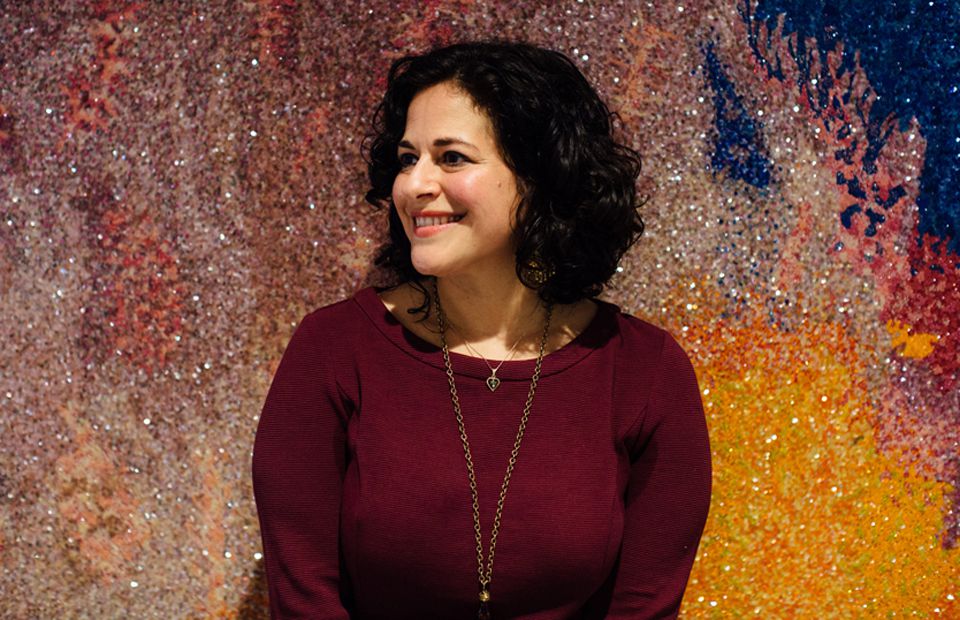
Consumer Goods
Our New Dream Job? Vice President of Social Consciousness & Innovation
"The truth is, having a more responsible supply chain or more responsible business is made up of lots of small actions. And one thing that I really love about my work is that nothing is black and white. It's all gray space."

Consumer Services
An Executive at Intuit on How to 'Send the Elevator Back Down'
"What I often tell engineers—especially women engineers—is that it’s good to be excellent, but you’ve got to make sure it’s not a well-guarded secret."
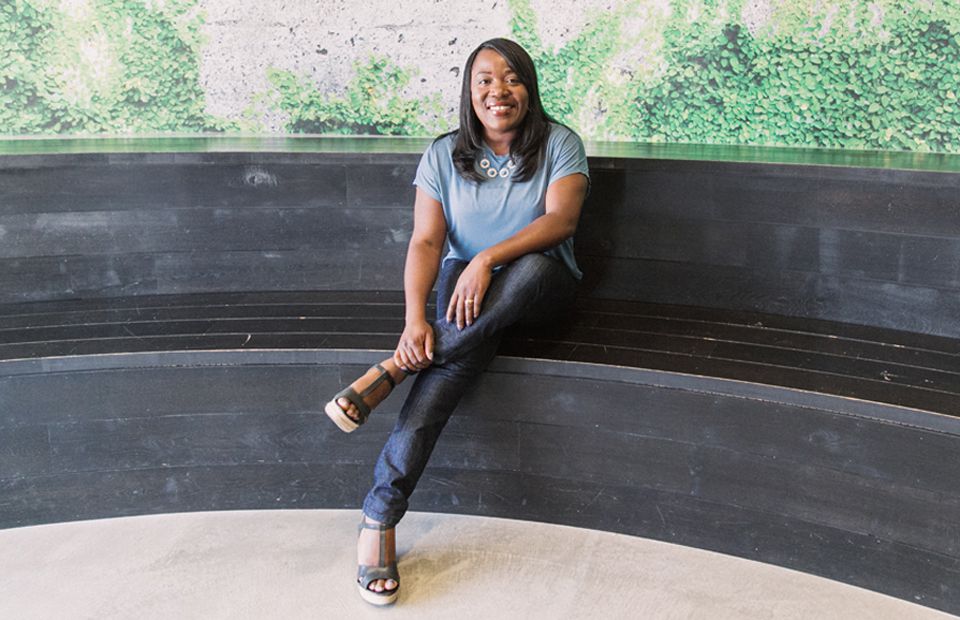
Consumer Services, Technology
A Top Lawyer Talks Leadership, Transparency, and a Music Empire's Goals for Diversity
As Chief Counsel at Pandora, Adelmise Warner has a few thoughts on leaning in.

Consumer Goods
Rising Tide Society's Founder on Why Not Everyone's Cut Out for Entrepreneurship
Natalie Franke on creative entrepreneurship and her journey with Rising Tide Society
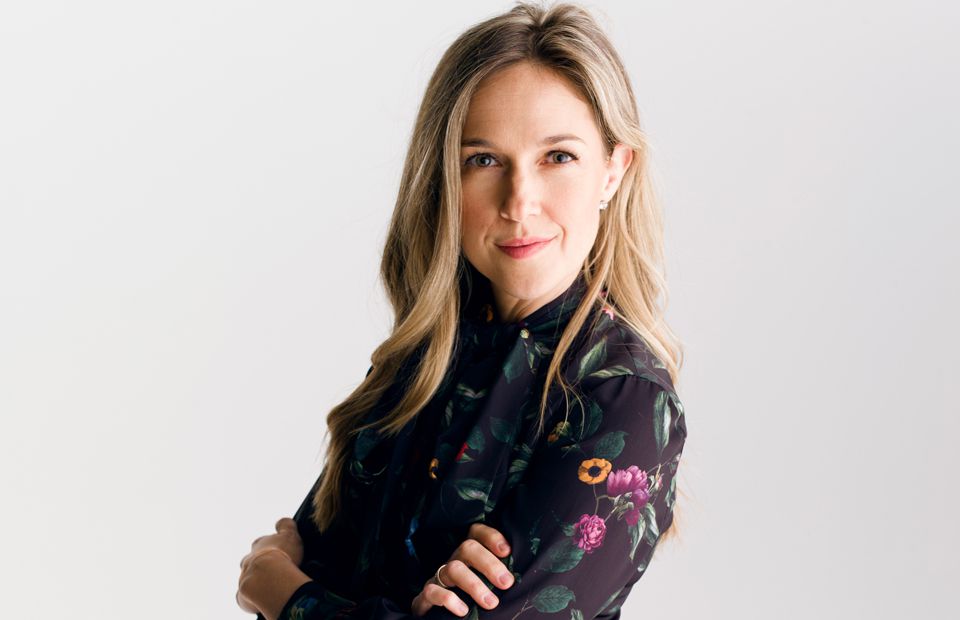
Consumer Services, Technology
Here's How a Female V.P. at a Tech Startup Faces the Gender Gap
Nikki Pechet on writing your own maternity leave policy and taking a job for joy, not money.
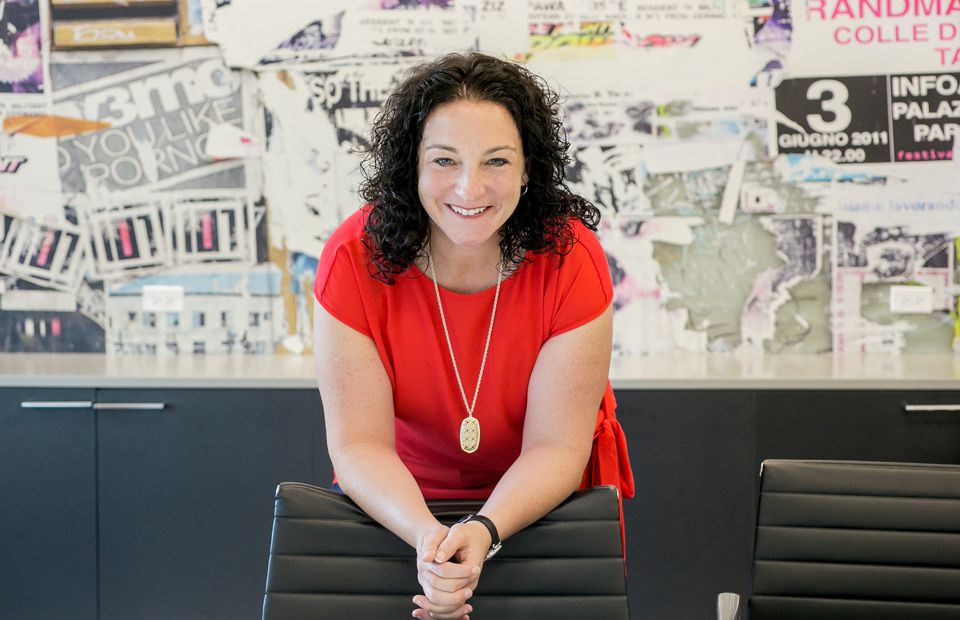
Consumer Goods, Technology
A Sales V.P. on What It's Like to Work at Pandora
Casey Forbes is living an audiophile's dream career.
Get the Best Career Advice Delivered To Your Inbox
Join our newsletter to stay in the loop.
